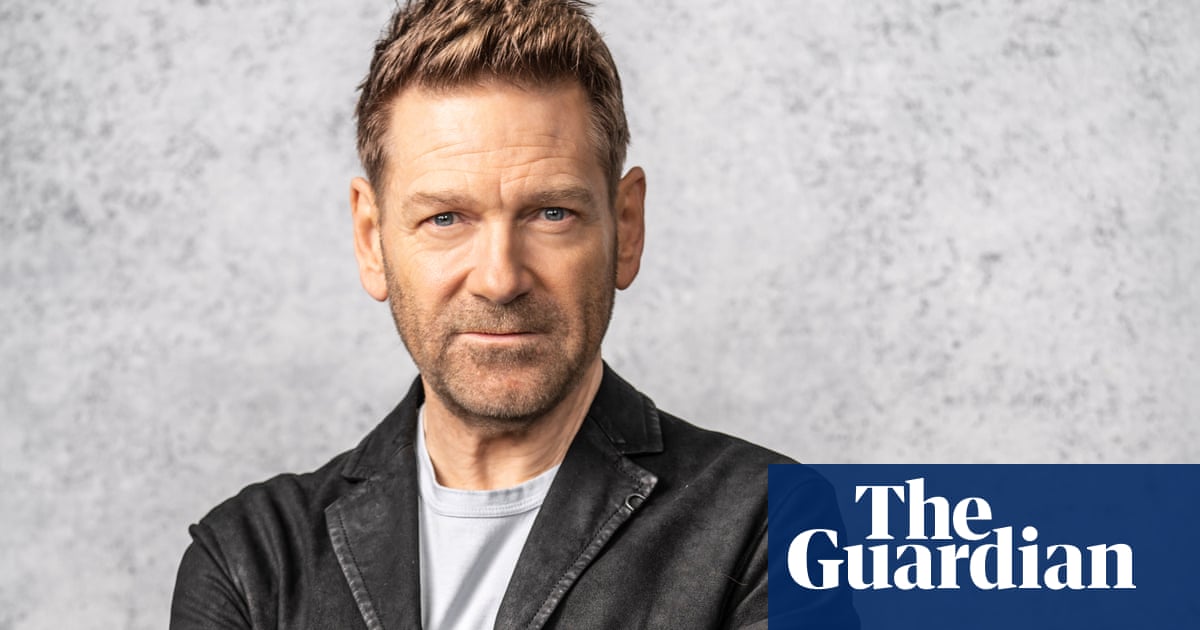
Turkey this month sent the strongest message yet indicating its desire to improve relations with many Arab countries, particularly Egypt.
It started with a salvo of statements by top officials in Ankara, who voiced the hope that a new era was likely to dawn in Turkish-Egyptian relations. Similar statements were also made in August and September last year by Yasin Aktay, the presidential adviser who previously served as the ruling Justice and Development Party’s deputy chairman in charge of international relations. Because of his title, it was presumed at the time that something must be brewing on this subject. Furthermore, Turkish Foreign Minister Mevlut Cavusoglu made a statement that was along the same lines. However, this attempt died away slowly.
The latest round of encouraging statements was initiated by Cavusoglu, who said that negotiations between Turkey and Egypt were likely to start without conditions. This good news was further elaborated on by other people holding senior positions, such as Defense Minister Hulusi Akar, presidential spokesman Ibrahim Kalin and, finally, President Recep Tayyip Erdogan. After that many top officials made statements with almost the same content, more concrete hope started to spread in the Turkish media.
Erdogan shed further light on this subject by saying: “There are high-level contacts with Egypt, not at the highest level, but right below the highest level.” Some media outlets in Turkey interpreted this statement as a reference to contacts between intelligence officers.
After so many clarifications, the pro-government Turkish media jubilantly welcomed this important initiative and commentators on prime time television programs competed to explain why it was high time for such a move. The very same commentators had, in the recent past, offered harsh criticisms of the Egyptian government. They emphasized that Turkey did not have any problem with the Egyptian people and that the problem was with the government. Interestingly, the Egyptian media was using the same narrative against Turkey.
If Turkey-Egypt normalization negotiations do eventually start, there would be two concrete areas of cooperation
Yasar Yakis
Cavusoglu specifically underlined in his statement that high-level talks were going to start without conditions. This assurance was important because skeptics in Turkey were not sure whether Egypt’s response would match Ankara’s expectations. A source in Egyptian intelligence made a noncommittal statement, saying that “Turkey had proposed a meeting to discuss cooperation.” Foreign Minister Sameh Shoukry’s response contained more substance, but he was also noncommittal. He said: “There is no communication outside the normal diplomatic framework. If real actions from Turkey show alignment with Egyptian principles and goals, then the groundwork will be laid for relations to return to normal.”
Pro-government Egyptian daily Al-Watan was more specific. It last week published a list of 10 Egyptian conditions for the normalization of relations. They cover a wide range of subjects, from the demarcation of maritime jurisdiction areas in the eastern Mediterranean to the withdrawal of Turkey’s military presence in Libya, Syria and Iraq. Such a catalogue of conditions would probably be a nonstarter for Turkey.
However, if Turkey-Egypt normalization negotiations do eventually start, there would be two concrete areas of cooperation. One of them is Libya. Turkey has an entrenched military presence there, acquired through international agreements. In light of this reality, it would be a success if Turkey and Egypt could work out a win-win initiative in Libya, instead of trying their hands in a zero-sum game. If such a breakthrough could be achieved, they might cooperate in the UN-sponsored Libyan democratic process.
The second area of cooperation would be the activities of the Muslim Brotherhood in Turkey. Cairo wants to silence all Brotherhood broadcasting activities directed at Egypt and the Gulf states. A more important issue concerning the group is its ultimate fate. Al-Watan claimed that Ankara has volunteered to extradite its members to Egypt, but Cairo preferred to refer them to Interpol. Egypt would also prefer it if Ankara did not interfere in what Interpol would then do with them. If Turkey decides to expel them, few countries would welcome them, as the Muslim Brotherhood is designated as a terrorist organization in many countries. Turkey turning away from them would be perceived by its members as Ankara selling them out. At the end of the day, as long as the last Brotherhood member remains in Turkey, this issue will continue to cast a shadow over Turkish-Egyptians relations.
• Yasar Yakis is a former foreign minister of Turkey and founding member of the ruling AK Party. Twitter: @yakis_yasar
Disclaimer: Views expressed by writers in this section are their own and do not necessarily reflect Arab News" point-of-view









